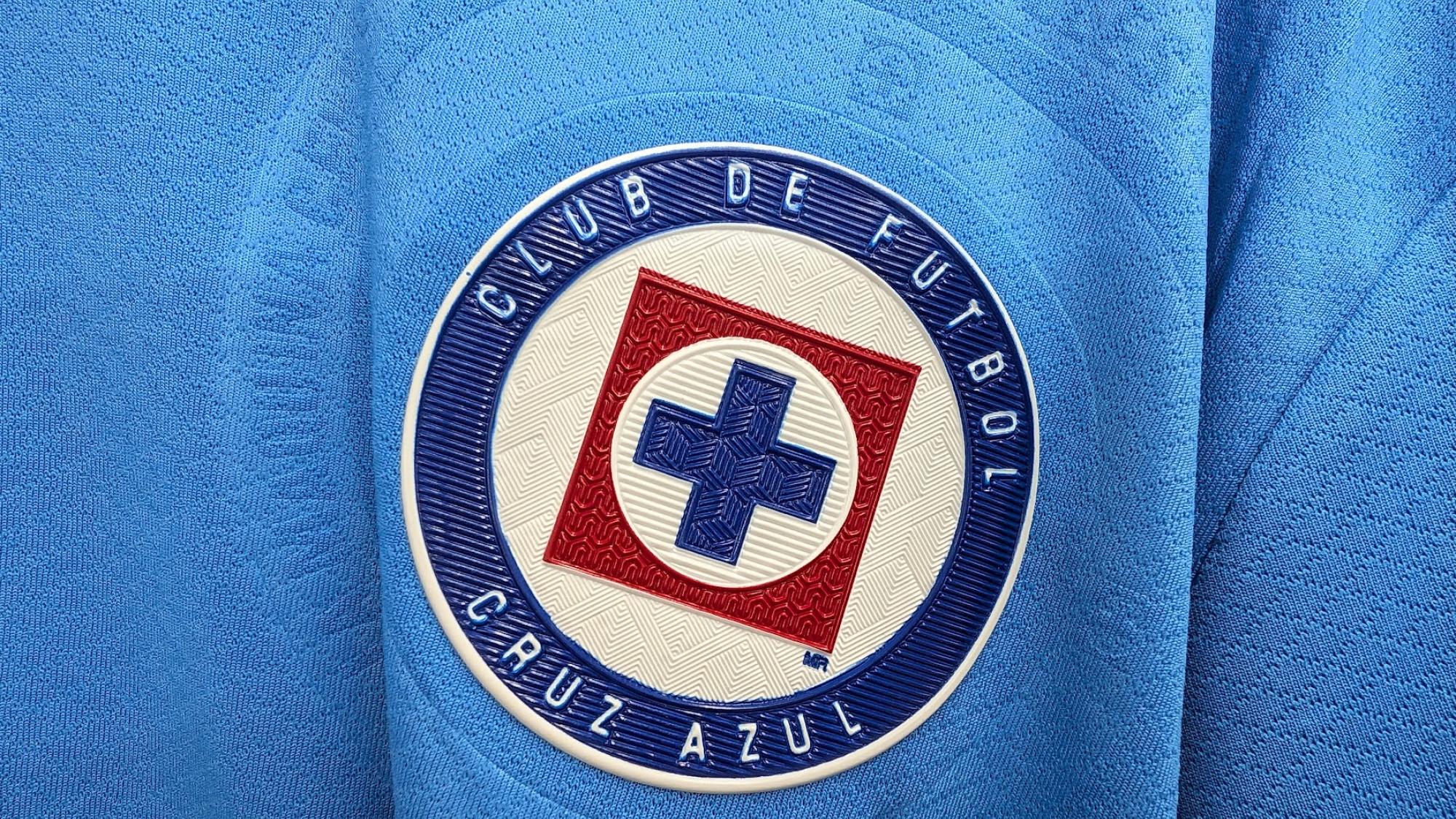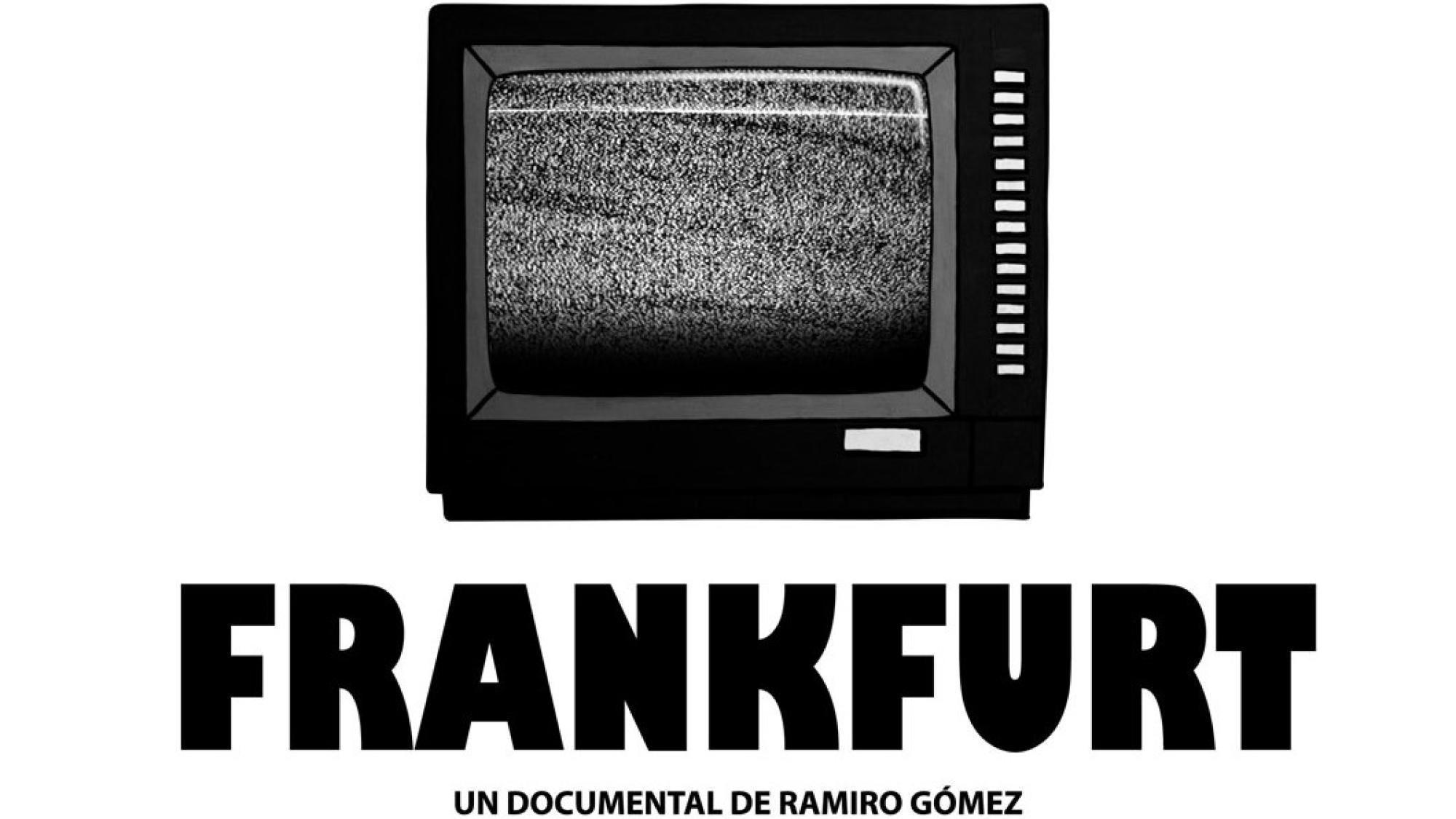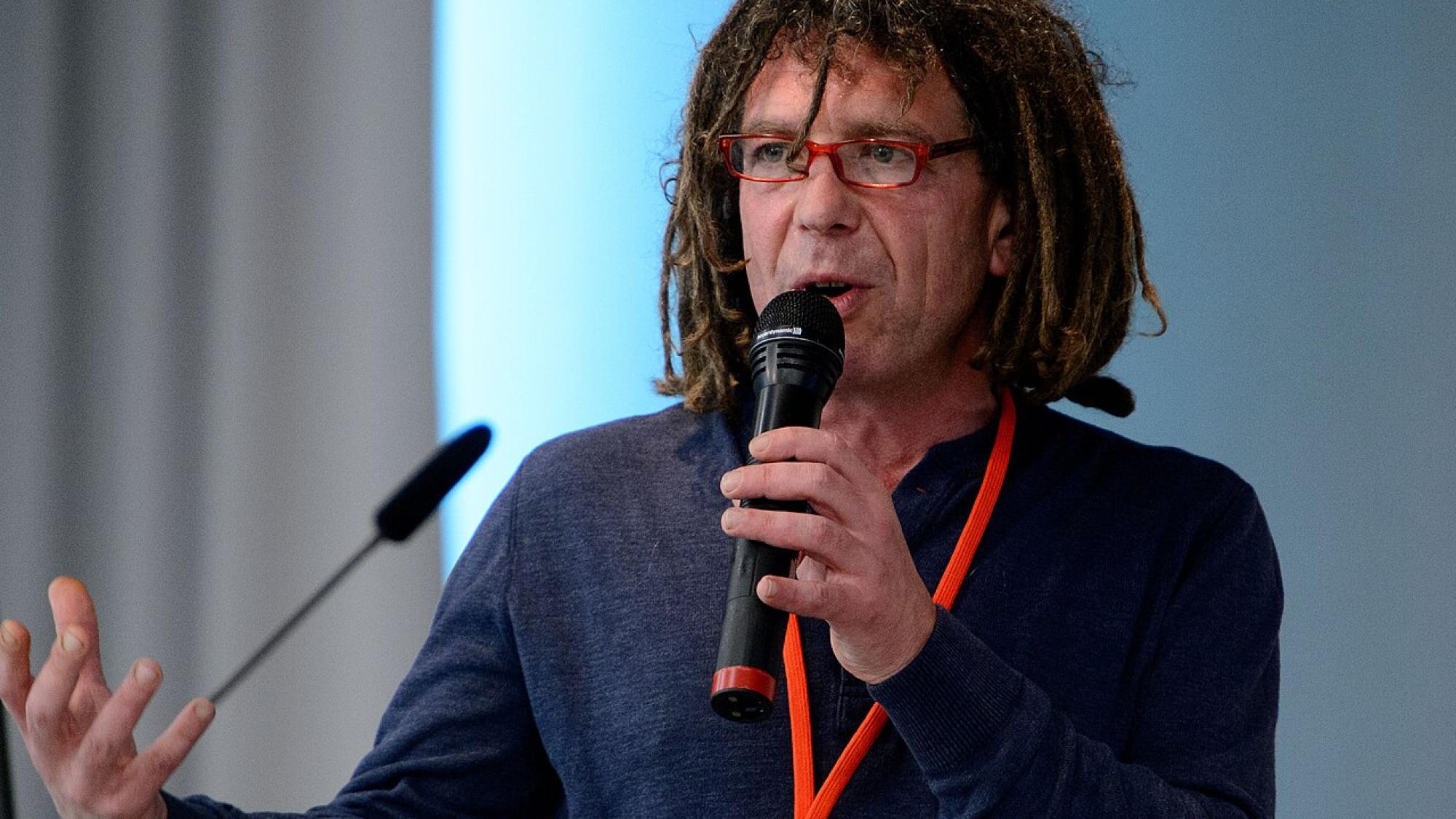Documentary: 7 Most Political Football Clubs
From the Marxist-Leninist supporters of AC Omonia in Cyprus to the fiercely separatist Catalan pride embodied by FC Barcelona, HITC Sevens explores seven football clubs deeply intertwined with political ideologies. Whether aligned with the left, the right, or independence movements, these clubs are more than just teams—they are symbols of cultural and political identity.






